Šešelj case: Prosecution wants suspension
The Hague prosecution wants the Vojislav Šešelj case suspended, as the court "can’t guarantee the integrity of the prosecution or witnesses," B92 understands.
Thursday, 15.01.2009.
16:36

The Hague prosecution wants the Vojislav Seselj case suspended, as the court "can’t guarantee the integrity of the prosecution or witnesses," B92 understands. The grounds for the move are threats to a protected witness at yesterday’s hearing. Seselj case: Prosecution wants suspension The Serb Radical Party (SRS) leader, whose trial began in November 2007, is accused of crimes against Croats and Muslims in Croatia, Vojvodina and Bosnia-Hercegovina between 1991 and 1993. In the resumption of proceedings, Zoran Stankovic, an expert prosecution witness on forensic medicine, testified to having examined the bodies of Muslims murdered in Zvornik, in spring 1992. The SRS leader is accused of crimes against Muslims in Bosnia-Hercegovina, including scores of murders committed in Zvornik by, according to the indictment, SRS volunteers. Stankovic, a former major-general in the Yugoslav Army (VJ), said that on the orders of the military investigative judge, he had on two occasions—in April and May 1992—examined the corpses of several dozen Muslims said to have been discovered in a forest near Kula-grad, the scene of heavy fighting earlier, in the premises of the Alhos factory in Zvornik. The witness said that during the first examination on April 30, 1992, he had ascertained that the majority of the 28 victims had been killed by firearms, though a number had been killed with knives. During his second visit to Zvornik on May 5, as he had been inspecting 114 corpses, a “group of people with cockades“ had appeared, he recalled. “They wanted to see the place where we were performing the postmortems, but I wouldn’t let them... I complained to the police and asked them to move them away... One of them pointed his gun at me. I didn’t think he’d fire, but when another paramilitary moved his arm, he fired two or three times, just missing my head,“ said Stankovic. However, he could not say which paramilitary formation they belonged to. “The only ones you could tell apart were the JNA and ’Arkan’s boys’, who had special uniforms,“ he explained. During cross-examination, Seselj suggested that the bodies found by Stankovic had died in the battle for Kula-grad. The witness confirmed that “the majority died in battle“, save for three people who had died of knife wounds. He confirmed that in 1992/93, he had performed autopsies on the bodies of SRS volunteers that had died in combat in Croatia and Bosnia-Hercegovina at the Military-Medical Academy in Belgrade. Asked by Judge Jean-Claude Antonetti (presiding) whether that meant that SRS volunteers had enjoyed the same status as JNA soldiers, Stankovic could not say for sure, though he pointed out that the army had paid the funeral expenses for all volunteers. The SRS focused the majority of his cross-examination on querying Hague Tribunal claims that the Republic of Srpska Army (VRS) had shot dead around 7,000 Muslims in Srebrenica in July 1995. Accepting that around 1,000 Muslims had been shot, he claimed that Tribunal pathologists had deliberately inflated that figure by including those that had died in combat and missing persons. Stankovic—who was a defense witness in the case against VRS General Radislav Krstic, sentenced to 35 years behind bars for complicity in the Srebrenica massacre—said that it was unacceptable that the numbers of those shot included bodies still to be found. The witness said that around 2,800 victims had been exhumed so far, in and around Srebrenica. He said that he believed that Seselj was being tried for “verbal transgressions,“ even though, in the past, the SRS leader had cast the “worst lies and aspersions“ on him. Seselj suggested that his closing statement would include an extensive explanation of the main thesis of his defense—an “anti-Serb“ conspiracy, in which the Tribunal, NATO, the U.S. and the International Court of Justice all had a hand. The defendant announced last week that he would not be making a case for the defense, once the prosecution rests its case in the coming weeks. In that event, the trial could end speedily with closing statements from both sides.
Šešelj case: Prosecution wants suspension
The Serb Radical Party (SRS) leader, whose trial began in November 2007, is accused of crimes against Croats and Muslims in Croatia, Vojvodina and Bosnia-Hercegovina between 1991 and 1993.In the resumption of proceedings, Zoran Stanković, an expert prosecution witness on forensic medicine, testified to having examined the bodies of Muslims murdered in Zvornik, in spring 1992.
The SRS leader is accused of crimes against Muslims in Bosnia-Hercegovina, including scores of murders committed in Zvornik by, according to the indictment, SRS volunteers.
Stanković, a former major-general in the Yugoslav Army (VJ), said that on the orders of the military investigative judge, he had on two occasions—in April and May 1992—examined the corpses of several dozen Muslims said to have been discovered in a forest near Kula-grad, the scene of heavy fighting earlier, in the premises of the Alhos factory in Zvornik.
The witness said that during the first examination on April 30, 1992, he had ascertained that the majority of the 28 victims had been killed by firearms, though a number had been killed with knives.
During his second visit to Zvornik on May 5, as he had been inspecting 114 corpses, a “group of people with cockades“ had appeared, he recalled.
“They wanted to see the place where we were performing the postmortems, but I wouldn’t let them... I complained to the police and asked them to move them away... One of them pointed his gun at me. I didn’t think he’d fire, but when another paramilitary moved his arm, he fired two or three times, just missing my head,“ said Stanković.
However, he could not say which paramilitary formation they belonged to.
“The only ones you could tell apart were the JNA and ’Arkan’s boys’, who had special uniforms,“ he explained.
During cross-examination, Šešelj suggested that the bodies found by Stanković had died in the battle for Kula-grad.
The witness confirmed that “the majority died in battle“, save for three people who had died of knife wounds.
He confirmed that in 1992/93, he had performed autopsies on the bodies of SRS volunteers that had died in combat in Croatia and Bosnia-Hercegovina at the Military-Medical Academy in Belgrade.
Asked by Judge Jean-Claude Antonetti (presiding) whether that meant that SRS volunteers had enjoyed the same status as JNA soldiers, Stanković could not say for sure, though he pointed out that the army had paid the funeral expenses for all volunteers.
The SRS focused the majority of his cross-examination on querying Hague Tribunal claims that the Republic of Srpska Army (VRS) had shot dead around 7,000 Muslims in Srebrenica in July 1995.
Accepting that around 1,000 Muslims had been shot, he claimed that Tribunal pathologists had deliberately inflated that figure by including those that had died in combat and missing persons.
Stanković—who was a defense witness in the case against VRS General Radislav Krstić, sentenced to 35 years behind bars for complicity in the Srebrenica massacre—said that it was unacceptable that the numbers of those shot included bodies still to be found.
The witness said that around 2,800 victims had been exhumed so far, in and around Srebrenica.
He said that he believed that Šešelj was being tried for “verbal transgressions,“ even though, in the past, the SRS leader had cast the “worst lies and aspersions“ on him.
Šešelj suggested that his closing statement would include an extensive explanation of the main thesis of his defense—an “anti-Serb“ conspiracy, in which the Tribunal, NATO, the U.S. and the International Court of Justice all had a hand.
The defendant announced last week that he would not be making a case for the defense, once the prosecution rests its case in the coming weeks.
In that event, the trial could end speedily with closing statements from both sides.


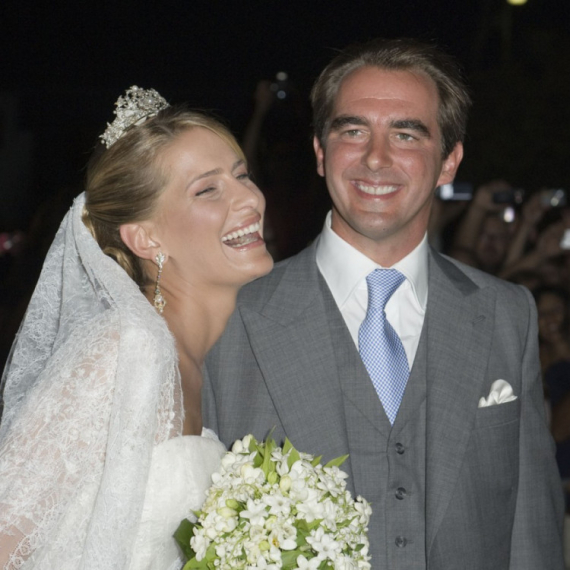










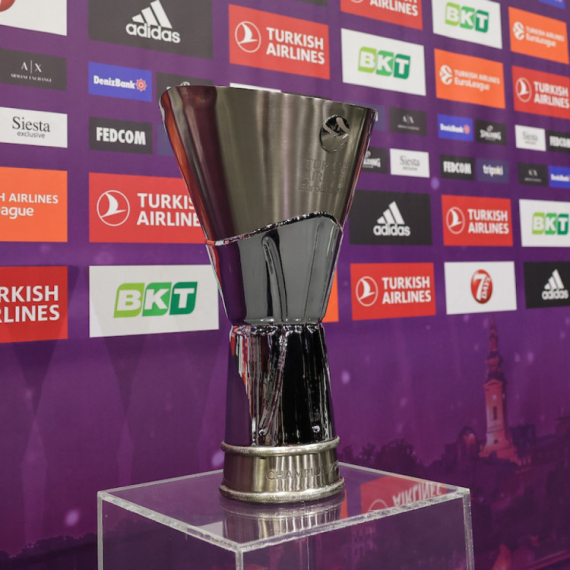

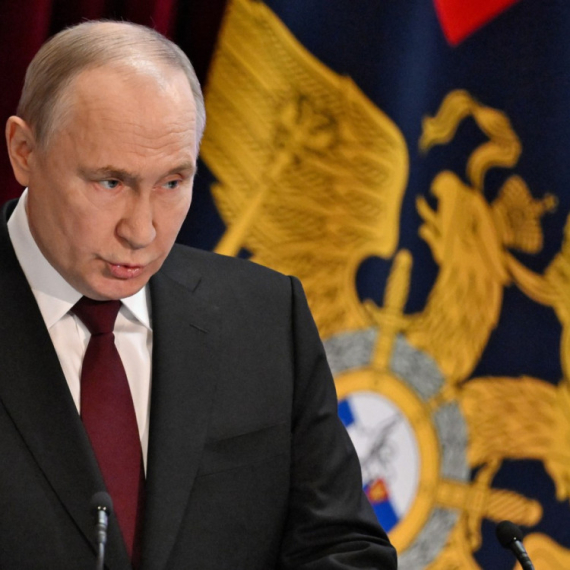
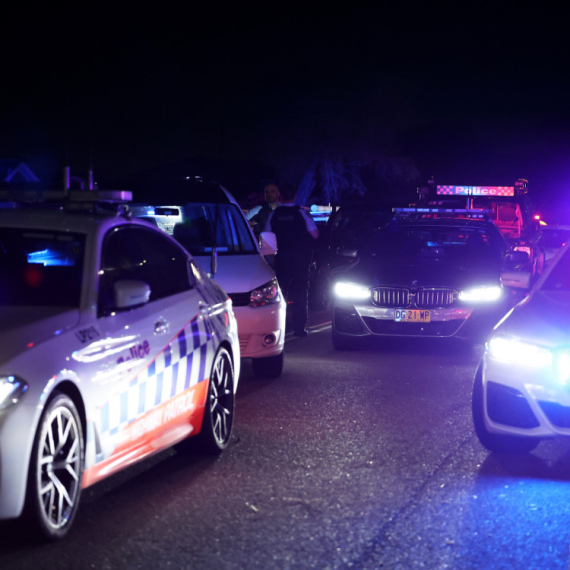
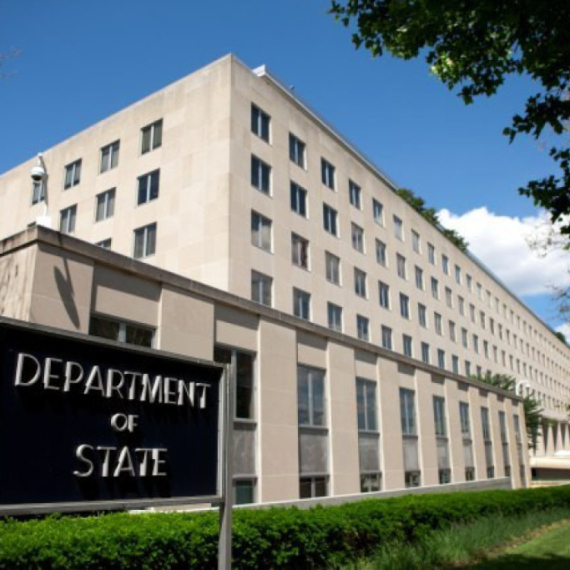
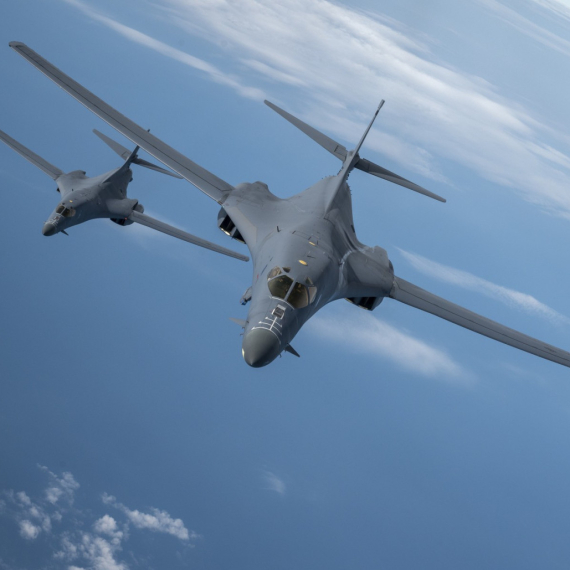


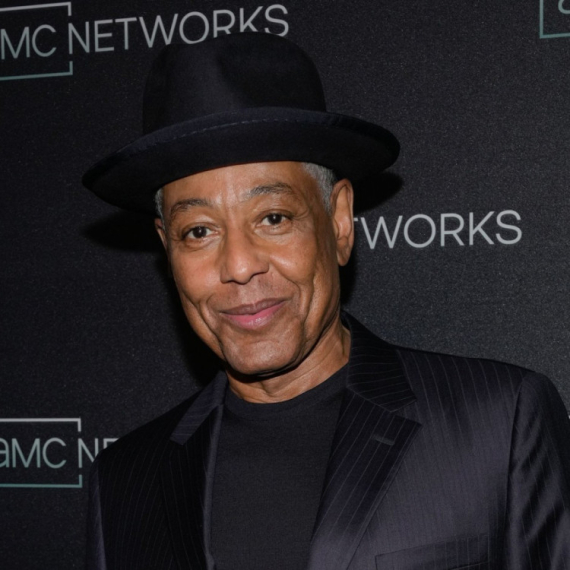







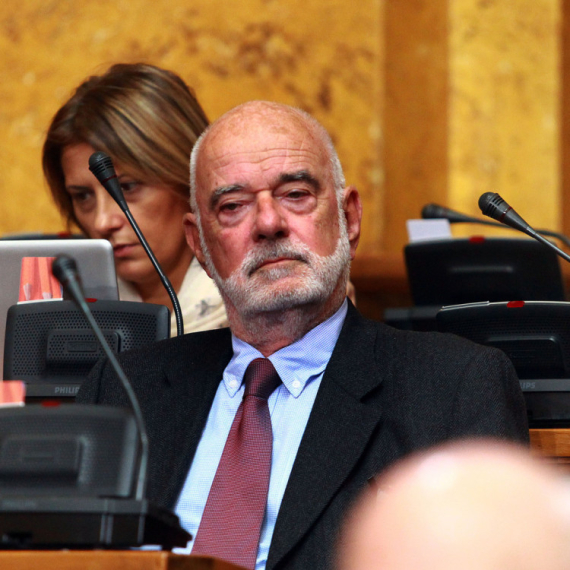

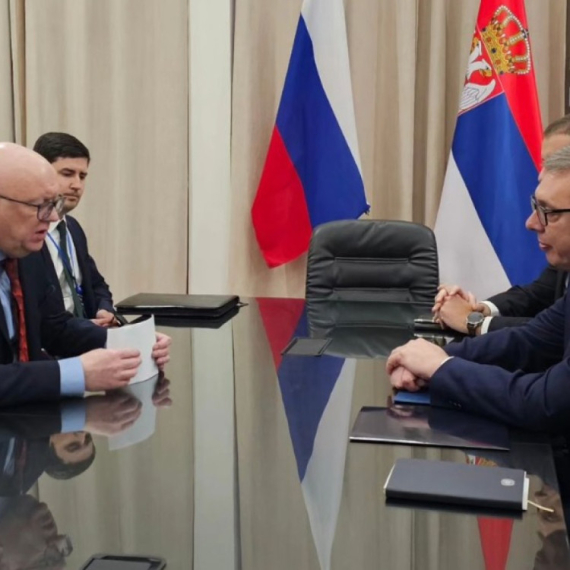

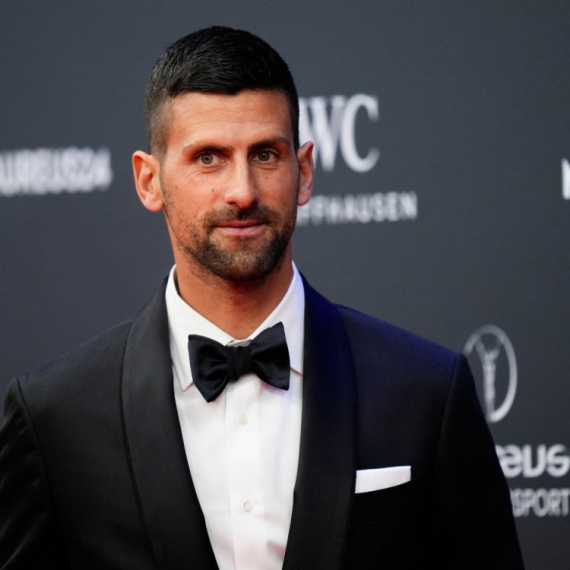

Komentari 1
Pogledaj komentare